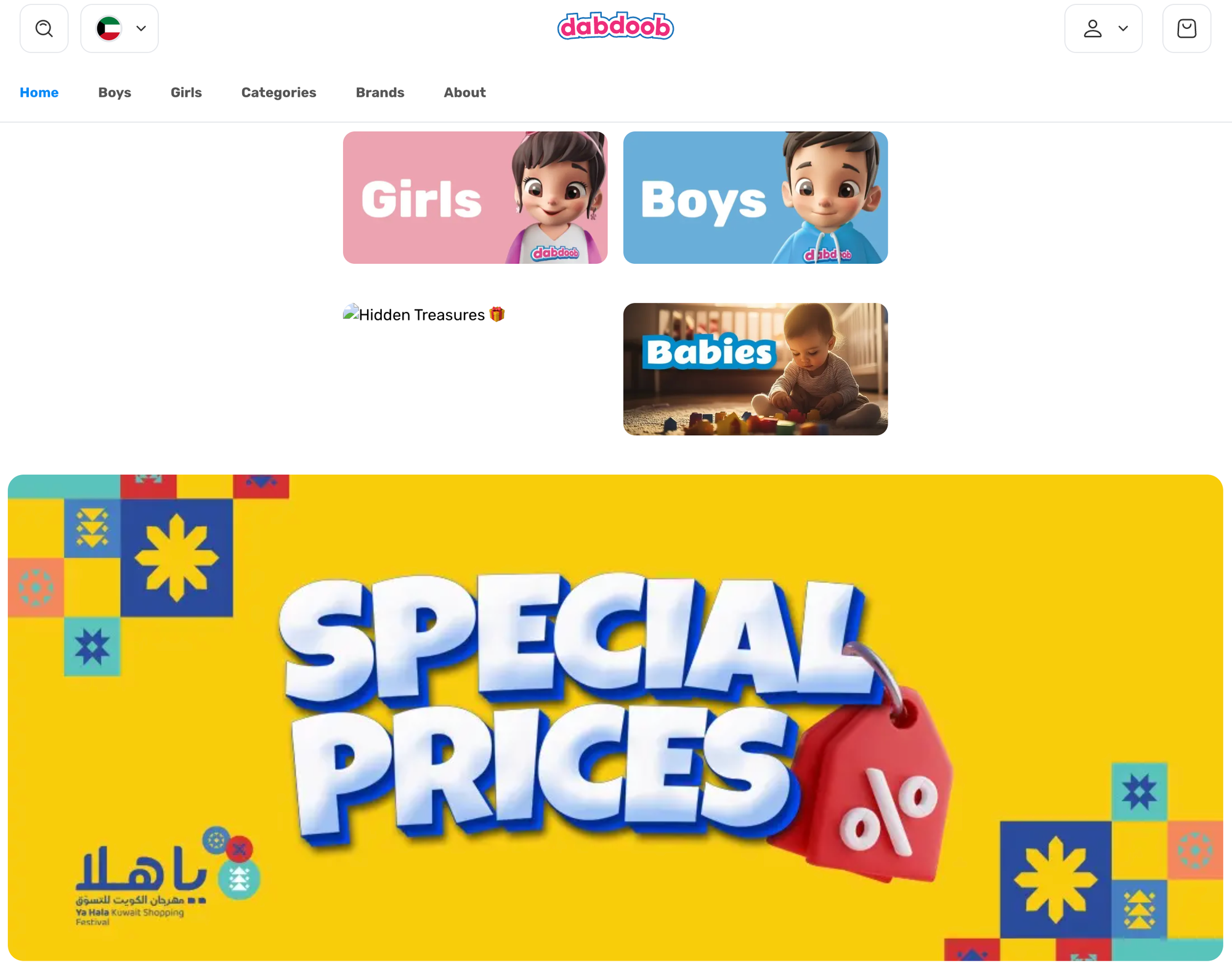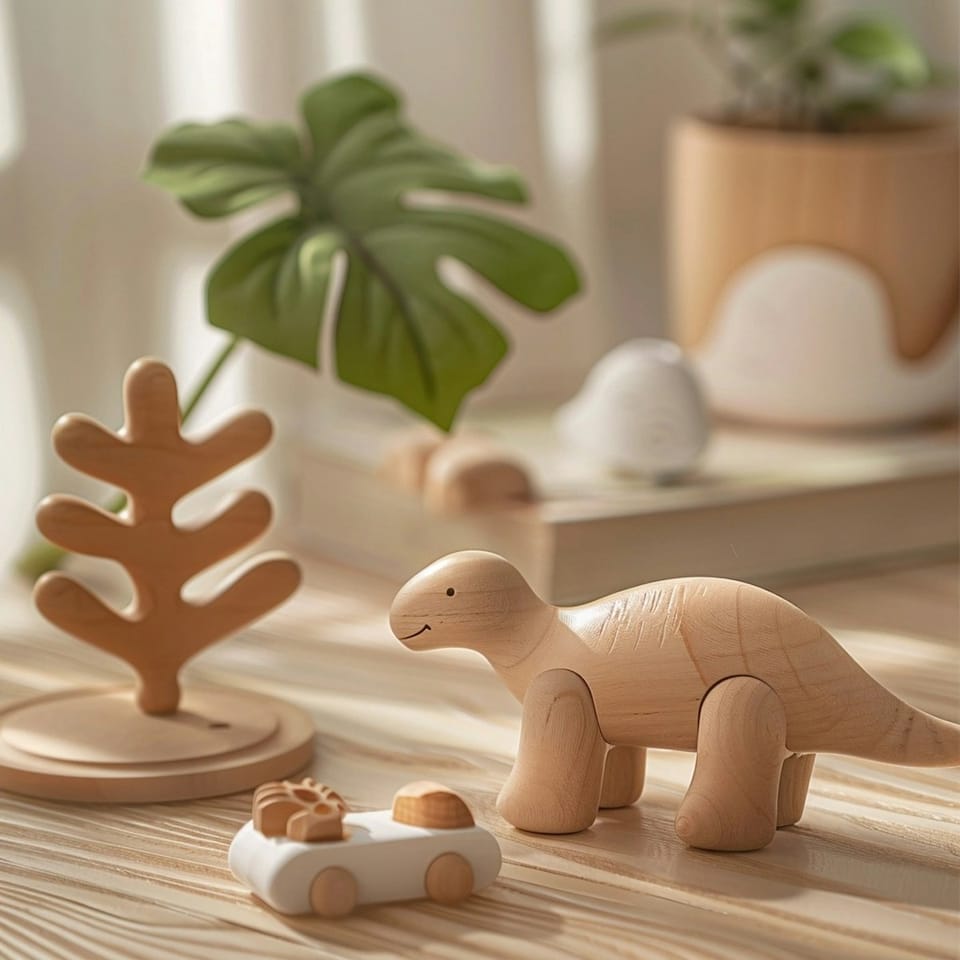Choosing the Right Toy for Your Child: A Path to Mental and Emotional Development
Choosing the Right Game for Your Child: A Path to Mental and Emotional Development
Table of Content
In today’s digital age, choosing the right game for your child isn’t just about entertainment—it’s about shaping their mental, emotional, and social development.
With an overwhelming number of games available, from educational puzzles to high-energy action adventures, making the right choice can have a profound impact on how children think, feel, and interact with the world around them.
Why the Right Game Matters
Psychologists and child development experts agree that games play a crucial role in cognitive and emotional growth. As Albert Einstein once said, "Play is the highest form of research." When children play, they engage their problem-solving skills, enhance their creativity, and develop social awareness.
Dr. Stuart Brown, a psychiatrist and play researcher, emphasizes, "Play shapes our brains, makes us more adaptable, and helps us foster empathy." This means that the right kind of games can significantly influence a child’s ability to navigate emotions and build relationships.
How Games Benefit Children
1. Enhancing Cognitive Skills
Educational games help children develop essential cognitive functions, including memory, problem-solving, and analytical thinking. Games that involve puzzles, numbers, or logical reasoning can sharpen young minds, preparing them for academic success.
2. Emotional Regulation and Mental Well-being
Certain games teach children how to manage frustration, delay gratification, and develop patience. Cooperative games, where players work together rather than compete, can help children learn teamwork and empathy.
3. Boosting Social Skills and Communication
Multiplayer and cooperative games encourage teamwork, negotiation, and healthy competition. Games that involve role-playing, for example, help kids understand different perspectives and enhance their emotional intelligence.
4. Encouraging Creativity and Imagination
Sandbox-style games, art-based games, and storytelling games give children an outlet for their creativity, allowing them to experiment, express themselves, and develop problem-solving skills in unique ways.
How to Choose the Right Game for Your Child
Selecting the right game for your child depends on their age, interests, and developmental stage. One platform that stands out in offering carefully curated developmental games for children is Dabdoob. Dabdoob meticulously studies each game, categorizing them based on children's age groups, genders, and developmental needs to ensure that they provide the best possible results.
When choosing a game, consider the following:
1. Age-Appropriateness
Games should match a child’s developmental level. A game designed for a 10-year-old might be too complex for a 5-year-old, leading to frustration rather than learning. Look for recommendations based on cognitive and emotional readiness.
2. Educational Value
Ask yourself: Does the game teach something valuable? Whether it’s improving math skills, enhancing vocabulary, or fostering creativity, the best games offer an opportunity to learn while having fun.
3. Emotional and Social Growth
Games that promote empathy, cooperation, and emotional intelligence are great choices. Avoid overly aggressive or hyper-competitive games that could lead to negative behaviors.
4. Balancing Screen Time
While digital games can be highly beneficial, it's essential to balance them with physical activities, outdoor play, and family time.
Advice for Parents
1. Play with Your Child
One of the best ways to ensure your child benefits from a game is to play with them. This not only helps you understand the game’s impact but also strengthens your bond.
2. Monitor Content and Interactions
Check ratings, reviews, and parental guides before introducing a new game. Also, be aware of online interactions if your child plays multiplayer games.
3. Encourage a Healthy Mix of Activities
Don’t rely solely on digital games—encourage board games, outdoor play, and hands-on activities to support holistic development.
4. Set Time Limits
Establishing clear gaming schedules prevents overuse and promotes balance in your child's daily routine.
5. Choose Quality Over Popularity
Just because a game is trending doesn’t mean it's the best choice. Prioritize games that nurture learning, emotional intelligence, and positive social interactions.
Final Thoughts

Games are more than just play—they are tools for learning, emotional growth, and social development. By selecting the right games, parents can turn screen time into a valuable experience that supports their child’s journey to becoming a well-rounded individual.
For parents in the Gulf region looking for developmental games tailored to their child's needs, Dabdoob offers a thoughtfully curated selection designed to enhance learning, creativity, and emotional growth. Their approach ensures that every game is aligned with children’s developmental needs, making playtime both fun and meaningful.
Remember, a well-chosen game can be more than just entertainment—it can be an essential part of your child's growth and happiness.











